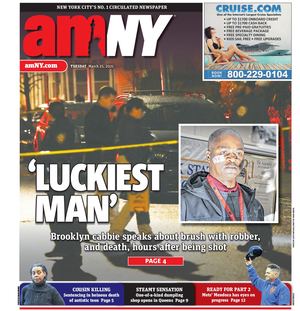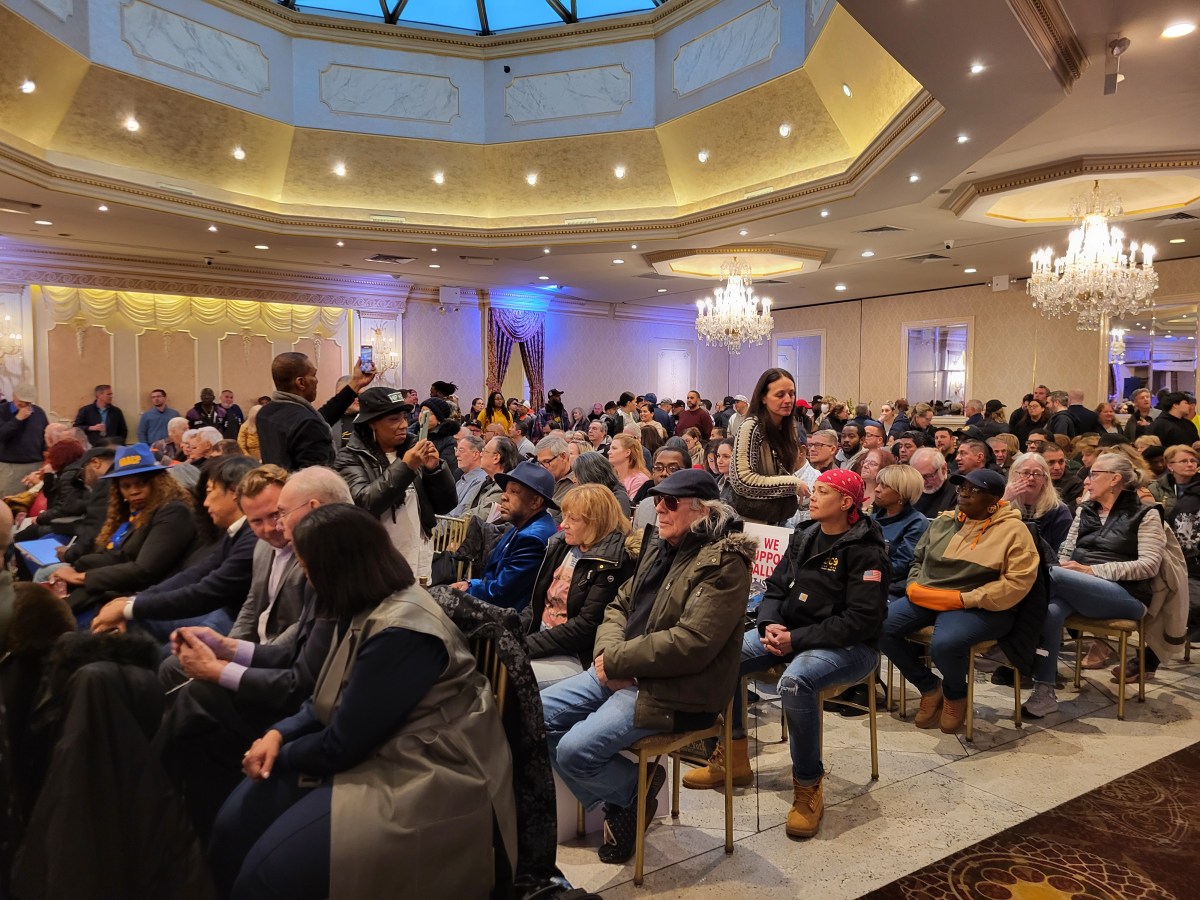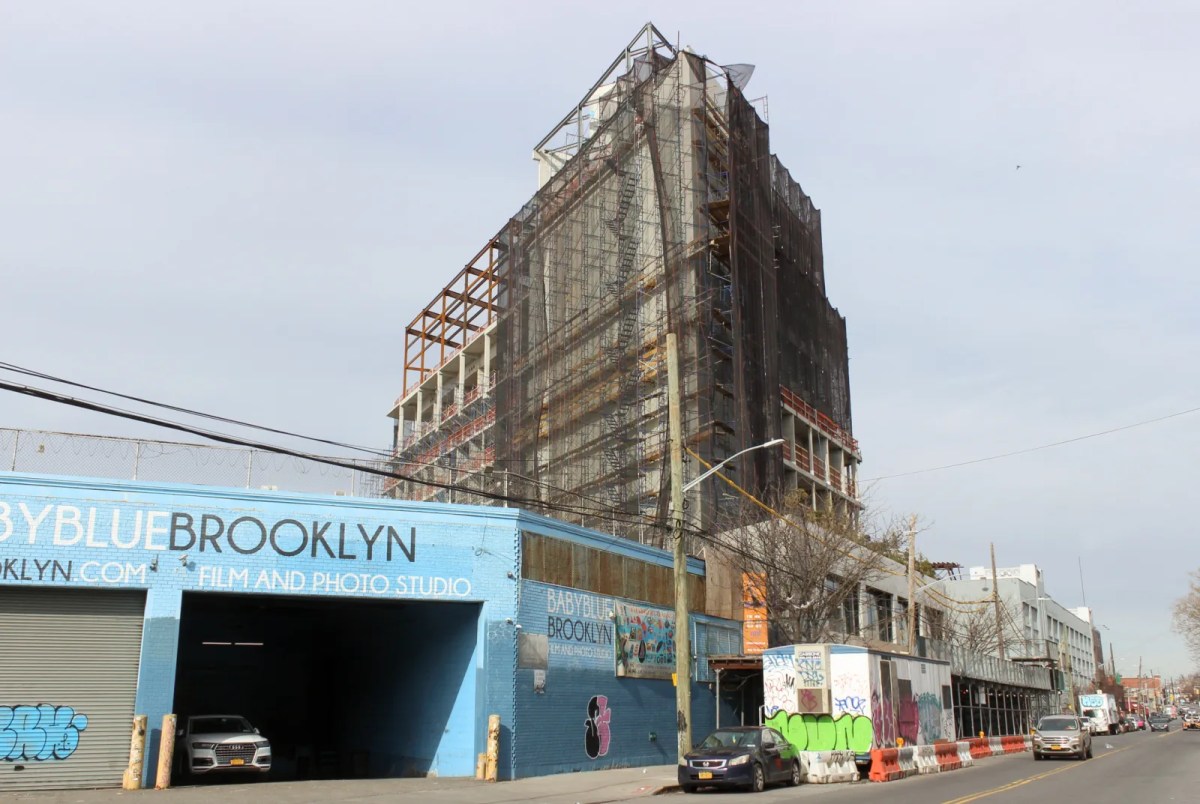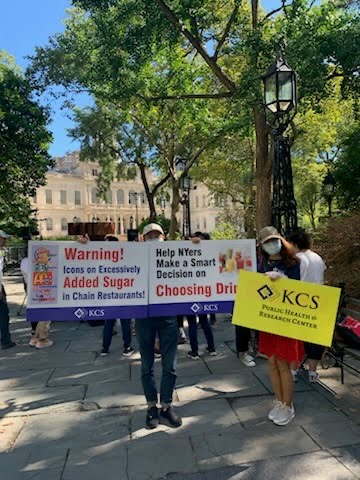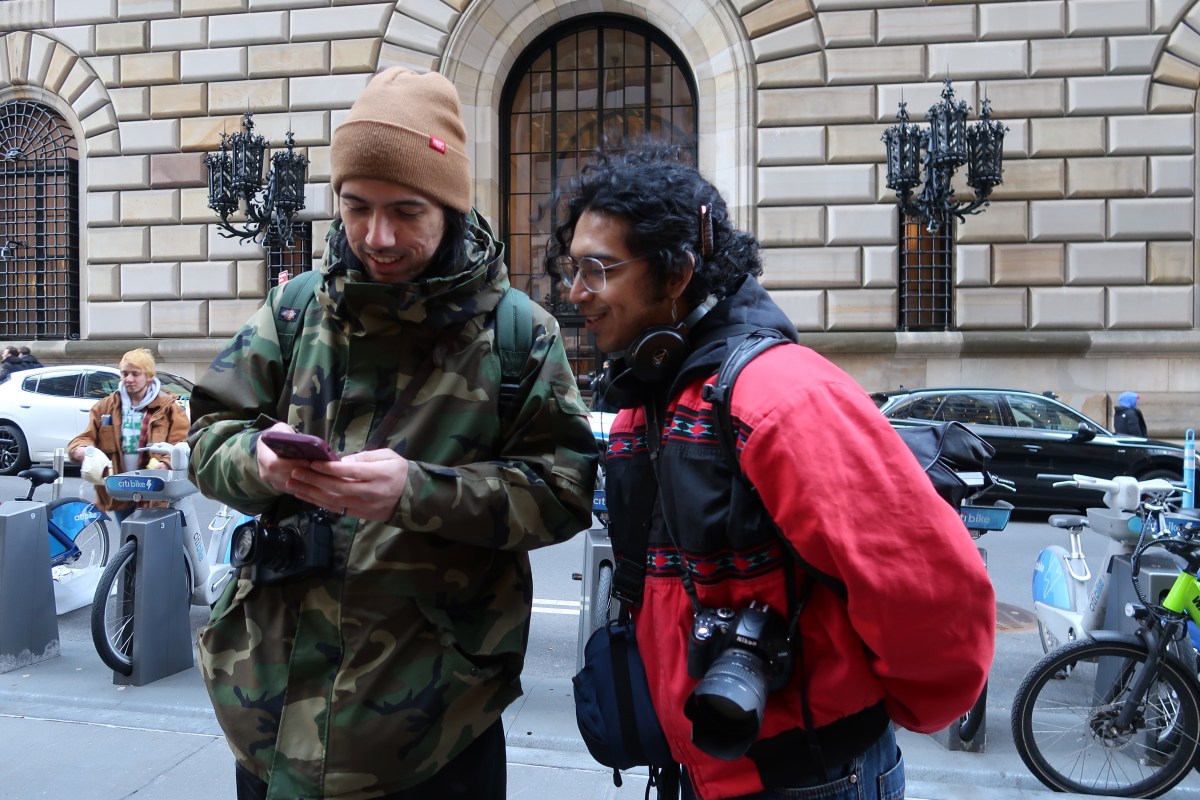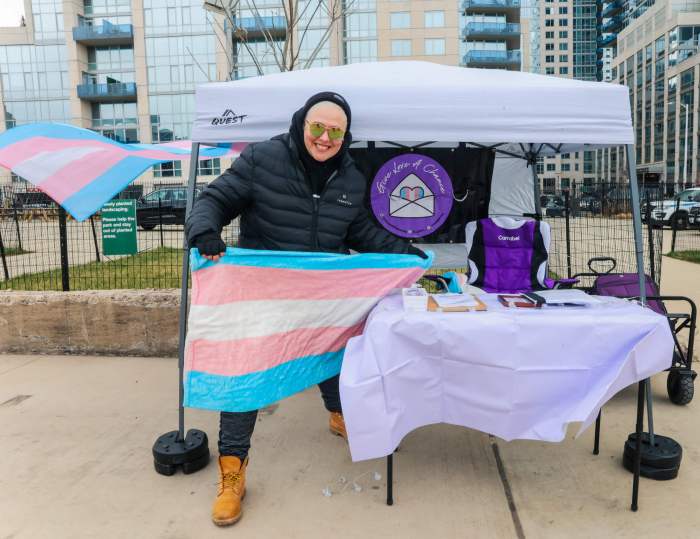The city has issued thousands of violations for peeling lead paint since the mayor announced a plan to eliminate child lead poisoning nine months ago.
But it has handed out just two violations — both of which were prompted by legal settlements — for failing to conduct the annual inspections meant to catch the contaminate before it deteriorates.
Following outrage over the city’s failure to abide by lead paint protection protocols in public housing, Mayor Bill de Blasio unveiled LeadFreeNYC in late January. Under the two-year plan, de Blasio pledged to expand screening requirements covering multi-family homes to shelters, single and two-family homes as well as to enhance enforcement.
The de Blasio administration, however, is still fielding calls to step up oversight of the private multifamily buildings the city Department of Housing Preservation and Development has been charged with monitoring since the laws were strengthened in 2004.
Last week, the comptroller’s office said health data indicated 11,972 children tested positive for blood lead levels above the federal standard between 2013 and late 2018, but HPD did not inspect the 9,671 buildings they lived in. A portion of those children, nearly 2,750, tested positive after the city was aware of other cases in the same building, which the comptroller described as a sign of a systemic breakdown in the bureaucracy.
Although HPD has issued 8,874 violations for peeling paint and 259 for failing to hand over requested documentation of inspections since February, the department is not regularly reprimanding landlords who do not conduct inspections annually or when units are vacant, according to HPD records on NYC OpenData.
These annual checkups are designed to find and address peeling paint, deteriorating surfaces and other hazards before they become noticeable enough that tenants report them to the city, prompting peeling paint violations and document audits, according to Matthew Chachère, an attorney at the Northern Manhattan Improvement Corp.
HPD issued a violation to two landlords for failing to conduct annual inspections in May and July after legal settlements with Chachère’s clients ordered audits of the landlords’ actions and violations for any shortcomings. The two infractions are the sole violations HPD has issued for failure to do annual inspections since the examinations were first mandated in apartments with children under the age of 6 in 2004, according to the NYC OpenData portal and Chachère.
"The good news is it does show that the city can actually, if it wants to, issue a violation for this. But the bad news is they’re only doing this if Matthew Chachère takes them to court, and I want to retire in a few years," the attorney said. "For years we’ve been saying the idea is not to wait until a kid has an elevated blood lead level, that’s a barbaric way to deal with prevention."
Despite triumphing in court, Chachère’s client Blanca Quiridumbay said she has no faith in the city’s ability to compel her landlord, 630-636 West 136th St. LLC, to clean up her Harlem apartment.
"I’ve waited a long time for them to do the fixes, but I haven’t seen any results," Quiridumbay said in Spanish.
She said the management company, Park Avenue South Management, has responded with a single visit.
Park Avenue South Management did not return a call requesting to discuss the matter.
Quiridumbay’s infant boy was found in 2015 to have an elevated blood lead level, according to court documents. City inspectors found lead-based paint on 19 surfaces during an October 2016 review and issued an order to abate the hazards, which the city said was done by Jan. 23, 2017, according to court documents.
But in June 2018, Quiridumbay learned her child again had elevated blood lead levels, which prompted city inspectors to visit and discover additional violations in the apartment, the suit said.
As part of a March 15 settlement, HPD agreed to audit whether her landlord had skirted protocols over the past three years.
On May 9, the owner was hit with a violation for failing to conduct the annual lead hazard inspections, according to NYC OpenData and Chachère. The violation is pending.
Meanwhile, Quiridumbay said her son still requires medical attention.
A similar scenario played out in Washington Heights, where Manuel Castillo learned in January that his toddler had elevated blood lead levels, according to a lawsuit filed by Chachère.
City inspectors uncovered 41 locations with lead in his apartment in March and dispatched workers to address them May 6, according to the lawsuit. But the city did not penalize the landlord for failing to address the hazards before Castillo moved in during 2012, according to the lawsuit.
Castillo’s landlord, Banner Group, did not respond to a request for comment.
After agreeing to audit the firm in a May settlement, HPD issued a violation on July 10 to the landlord for failing to conduct annual inspections, according to NYC OpenData and Chachère.
HPD did not respond directly when asked about its record of issuing violations for failure to do annual inspections or examinations when units are vacated.
The department will be hiring 19 employees as it works toward conducting 200 building audits annually, as outlined in LeadFreeNYC, according to Matthew Creegan, an HPD spokesman.
“We’ve launched a series of aggressive measures to ensure that New York City’s kids are safe in their homes from the dangers of lead exposure. This includes proactive, targeted audits of landlord’s lead records," Creegan said in a statement.
– With Ivan Pereira
